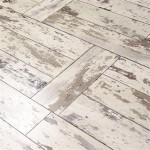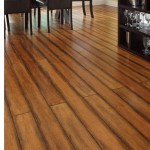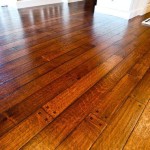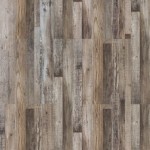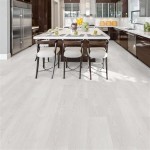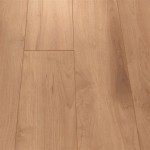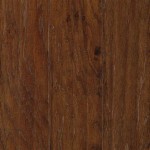Home Fitness Room Flooring: Essential Considerations for Optimal Performance and Safety
Creating a dedicated fitness space at home offers numerous benefits, but selecting the right flooring is paramount to ensure safety, comfort, and longevity. Home fitness room flooring plays a crucial role in absorbing impact, reducing noise, and providing a stable surface for workouts. Here are some essential aspects to consider when choosing the best flooring for your home gym:
### Impact AbsorptionFitness activities, such as jumping, running, and weightlifting, generate significant impact forces. Flooring with adequate impact absorption helps protect your joints and bones from excessive stress and potential injuries. Look for materials like rubber tiles, cork, or foam underlayment that provide cushioning and reduce shock.
### Noise ReductionNoisy workouts can disturb neighbors or family members. Sound-dampening flooring materials can mitigate noise levels and create a more peaceful workout environment. Consider rubber flooring with a high density, cork, or carpet tiles with a rubber backing for effective noise reduction.
### StabilityThe flooring should provide a stable and slip-resistant surface to prevent accidents and promote proper form and balance during workouts. Avoid slippery materials or low-friction surfaces. Rubber tiles, interlocking foam tiles, or laminate flooring with a textured finish offer excellent stability and traction.
### DurabilityHome gym flooring is subjected to heavy use and potential damage from weights, machines, and other equipment. Choose durable materials that can withstand wear and tear without losing their integrity over time. Rubber flooring, laminate flooring with a high wear rating, or commercial-grade carpet can provide excellent durability.
### ComfortWorkouts should be enjoyable, and flooring that provides comfort can enhance your fitness experience. Rubber tiles with a slightly softer surface, cork flooring with its natural resilience, or carpet tiles with a plush texture offer a comfortable surface for barefoot or shoe-clad workouts.
### AestheticsThe flooring in your home fitness room should complement the overall design and create a motivating atmosphere. Choose colors and patterns that match your personal style and inspire you to work out. Consider the size and shape of your room and opt for flooring that visually enhances the space.
### Installation and MaintenanceFlooring installation and maintenance should be straightforward and time-efficient. Interlocking tiles or snap-together flooring can be easily installed without professional help. Choose materials that are easy to clean and maintain, such as rubber tiles with a sealed surface or laminate flooring that can be swept or mopped.
### ConclusionChoosing the right flooring for your home fitness room is essential for optimizing performance, ensuring safety, and creating a comfortable and motivating workout space. Consider factors such as impact absorption, noise reduction, stability, durability, comfort, aesthetics, and installation and maintenance. By selecting flooring that meets your specific needs, you can transform your home gym into a functional and enjoyable fitness sanctuary.

Top Flooring Options For Your Home Gym Fci Plano

How To Choose Home Gym Flooring Garage

Best Types Of Flooring For A Home Gym Forbes

Cork Flooring Multitalented Enough As Gym Icork Floor

Is Eva Foam Good For A Gym Floor What Are My Options

Affordable And Durable 6mm Rubber Gym Flooring Tiles For High Energy Workouts

Home Gym Design Tips Kiefer

Best Home Gym Workout Room Flooring Options Sebring Design Build At

Rubber Home Gym Flooring Rolls Confetti Black Floor Fitness Fitfloors Com

What S The Best Flooring For A Home Gym America
Related Posts

